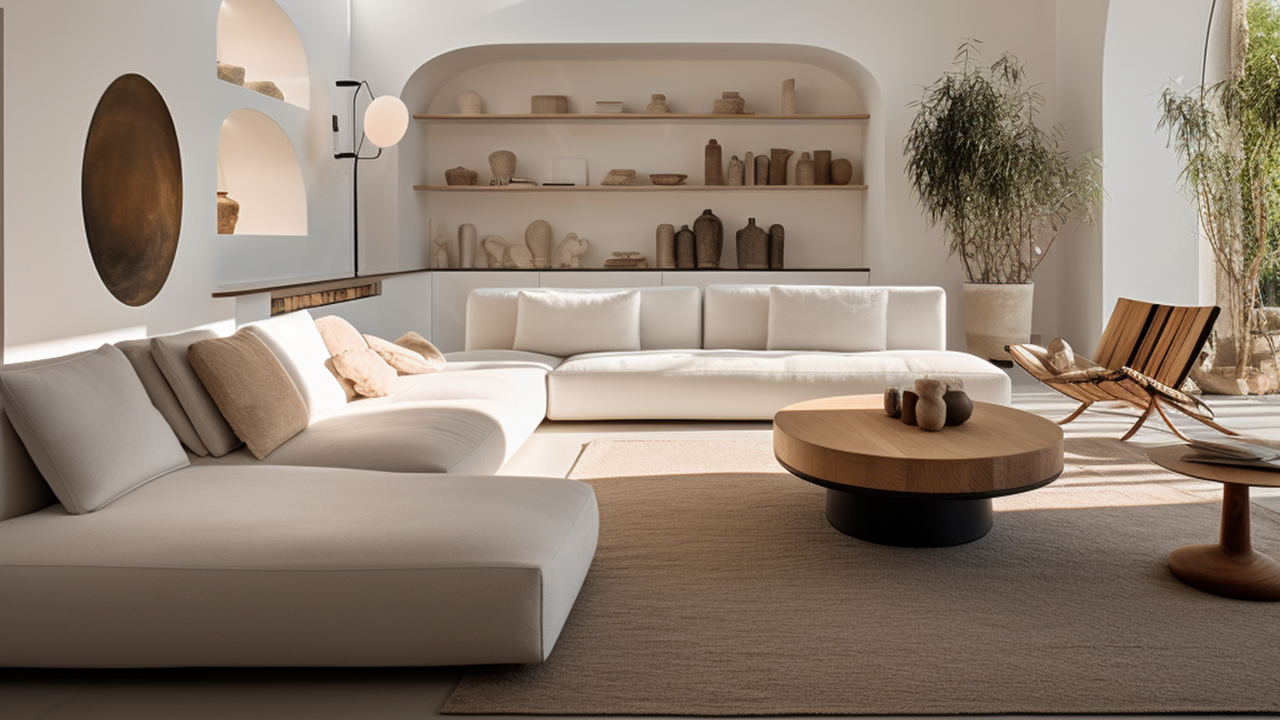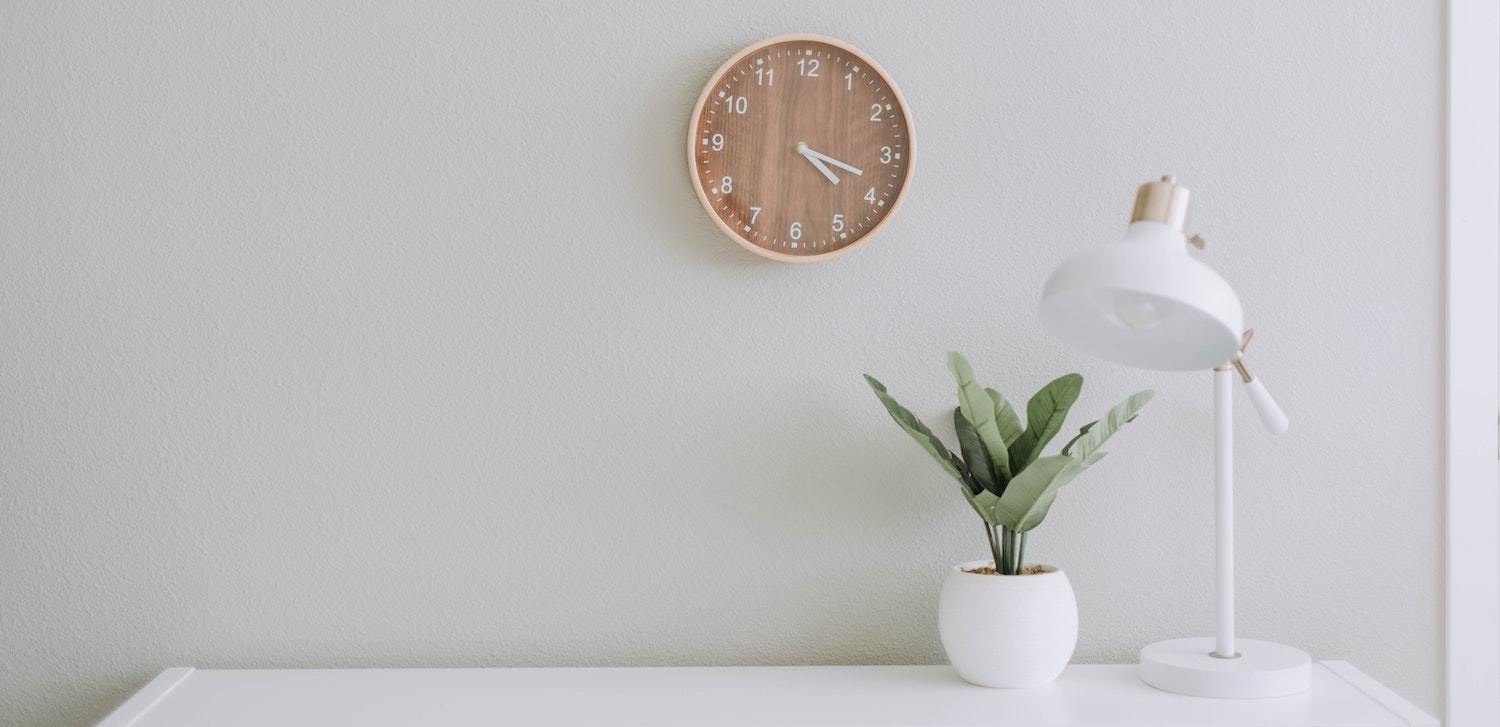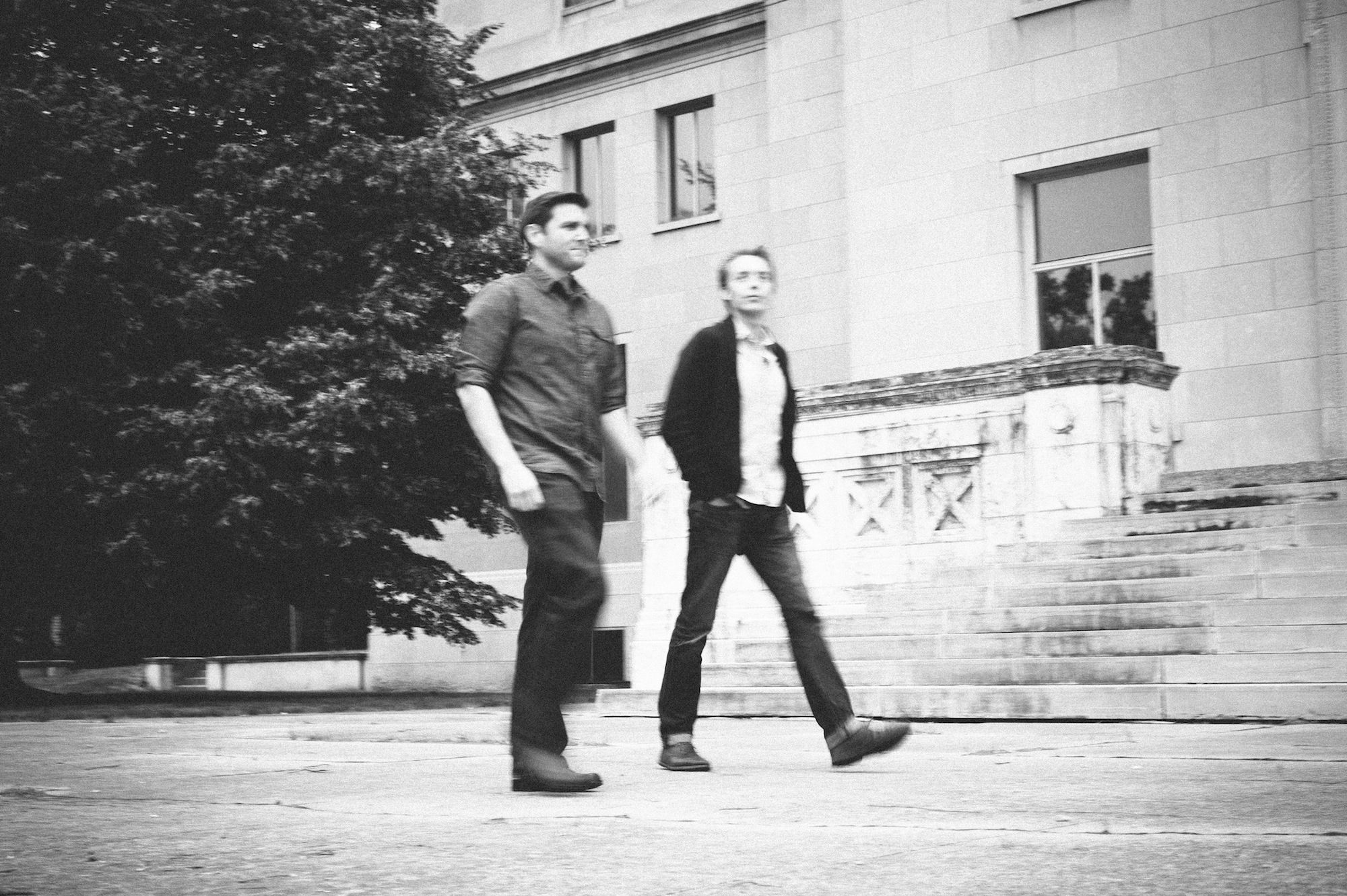Optimize Your Performance and Joy by Incorporating Minimalism
Optimize Your Performance and Joy by Incorporating Minimalism
Blog Article
Understanding Minimalism: Methods for Reducing Clutter and Enhancing Clarity in Everyday Living
Minimalism is progressively identified as a sensible technique to enhancing clearness and focus in today's chaotic world. By methodically assessing our properties and prioritizing intentionality, we can develop spaces that not just reflect our worths yet likewise promote psychological wellness.
Specifying Minimalism and Its Advantages
Defining minimalism includes recognizing it as a lifestyle option that highlights simpleness and intentionality in both daily regimens and physical properties. At its core, minimalism urges people to prioritize what genuinely matters, enabling an extra meaningful and concentrated presence. By removing away the non-essential, minimalism invites people to involve deeply with their experiences and environments.
The benefits of adopting a minimalist approach are complex. First of all, it promotes psychological clarity, as reducing mess in one's atmosphere can bring about reduced interruptions and stress and anxiety. When surrounded by less ownerships, people often report enhanced focus and enhanced productivity. Minimalism advertises economic flexibility; by prioritizing demands over wants, people can make even more educated acquiring choices, leading to prospective savings and decreased financial debt. A minimal way of life can yield psychological benefits, as it encourages people to grow appreciation for what they have rather than yearning for extra.
Inevitably, minimalism is not merely about material reduction but includes an all natural shift in viewpoint, fostering a life defined by function, gratification, and equilibrium. Embracing this lifestyle can cause profound adjustments in how people interact and perceive with the globe around them.
Evaluating Your Present Clutter
Clutter commonly materializes as a frustrating accumulation of items that no more serve an objective, producing a barrier to attaining a minimalist lifestyle. To properly assess your current clutter, it is necessary to embrace a methodical strategy. Begin by recognizing the areas in your space that really feel disorderly or frustrating. Bear in mind of details categories of items, such as apparel, books, or cookware, as this will certainly assist you comprehend the scope of the mess.

Additionally, think about the frequency of use for each and every item. It might be a candidate for removal if something has actually not served a function in the previous year. This assessment will not only clarify your partnership with your possessions but will additionally establish the structure for effective decluttering in the future. Ultimately, comprehending your existing mess is a critical step towards embracing minimalism and enhancing quality in your daily living.

Practical Decluttering Techniques
Having analyzed your existing clutter, the next action is to implement functional decluttering methods that assist in an even more arranged living space. Minimalism. One effective approach is the "Four-Box" method, where you mark 4 boxes labeled: maintain, give away, garbage, and relocate. This technique encourages fast decision-making and makes sure things are classified appropriately
An additional method is the "One in, One out" policy, which stipulates that for every brand-new product obtained, an existing thing has to be eliminated. This principle helps maintain equilibrium and protects against accumulation over time. In addition, think about the "30-Day Minimalism Game," where you get rid of one item on the first day, two on the 2nd, etc, cumulatively cultivating a feeling of success.
For those that deal with psychological attachments to properties, the "Sentimental Value" method can be their explanation helpful. Limit on your own to a details variety of valued items, enabling you to appreciate their relevance without frustrating your area. Finally, establish a regular decluttering routine, whether regular monthly or seasonally, to preserve a clutter-free atmosphere. By employing these methods, you can create an extra calm and efficient living space, ultimately improving clearness in your everyday life.
Creating Intentional Spaces
Creating intentional spaces includes a thoughtful strategy to how we style and arrange our settings, making sure each location serves a certain function and reflects our values. This practice is necessary in growing a feeling of clarity and purpose in our lives. By critically analyzing the feature of each space, we can eliminate diversions and improve our total well-being.
To create willful spaces, start by determining the main activities that will take place in each location. A home workplace must be developed to cultivate efficiency, go to these guys incorporating elements such as sufficient lights, comfy furnishings, and marginal disturbances. In contrast, a leisure location must advertise tranquility, featuring soothing shades and comfy seats.
In addition, consider the psychological impact of your environments (Minimalism). Integrating personal things that resonate with your worths, such as artwork or plants, can enhance the connection to your area. Routinely assess these environments to ensure they continue to serve their designated objective as your needs develop
Inevitably, producing willful spaces has to do with making aware choices that straighten with your lifestyle, advertising consistency and effectiveness in your living and workplace.
Preserving a Minimalist Attitude
Embracing a minimal mindset needs ongoing reflection and intentionality in our actions and ideas. Set apart time to assess your dedications, properties, and even electronic material, ensuring they line up with your core concepts.
An additional secret approach is to exercise gratefulness. Recognizing what you already possess fosters satisfaction and minimizes the desire for extra. This shift in perspective urges appreciation for simpleness, improving overall well-being. Incorporating mindfulness strategies, such as meditation or journaling, can additionally strengthen a minimalist state of mind by promoting quality and lowering mental clutter.
Additionally, establish borders to protect your time and energy. Find out to state no to non-essential commitments and diversions that do not add to your individual development. Border on your own with like-minded people who support your minimal trip, as shared worths can enhance motivation and liability.
Verdict
In verdict, accepting minimalism offers substantial benefits, including minimized clutter and boosted quality in everyday life. The principles of minimalism serve as important tools for cultivating an atmosphere that supports personal development and health.

Furthermore, think about the "30-Day Minimalism Video Game," where you eliminate one product on the very first day, two on the 2nd, and so forth, cumulatively cultivating a feeling of success.
In conclusion, embracing minimalism offers considerable advantages, including lowered clutter and enhanced clarity in daily life.
Report this page